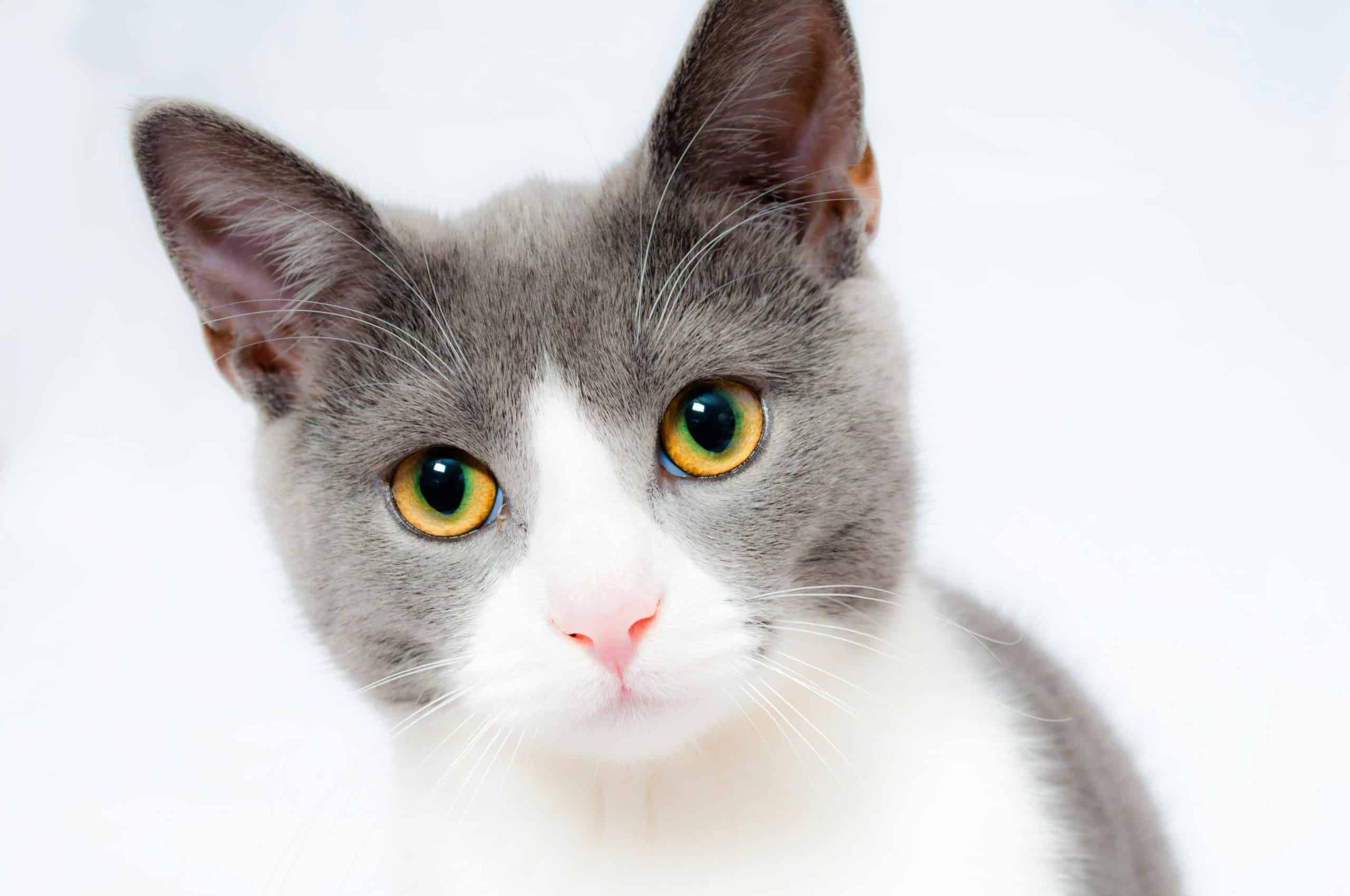What Are the Best Hypoallergenic Cat Breeds for Allergic Owners?

Every cat lover yearns for the soft purr and the warm cuddles that come with owning a furry friend. But what if you are one of the millions of people plagued by allergies? This could be a significant hurdle to fulfilling your desire for a pet. However, all hope is not lost! Did you know that there are hypoallergenic cat breeds that are better suited for people with allergies? Yes, you heard that right! There are specific breeds that produce fewer allergens than others. These cats could be your best bet if you want to enjoy the company of a feline friend without constantly sneezing or rubbing itchy eyes. So, let’s take a deep dive into the world of hypoallergenic cats and explore the best breeds for allergic owners.
Understanding Cat Allergies
Before we get into the specifics of hypoallergenic cat breeds, let’s first understand what cat allergies are and why they occur. Many people mistakenly believe that it’s the cat’s fur that triggers an allergic reaction. However, the real culprit is a protein called Fel d 1, which cats produce in their skin, saliva, and urine.
Also to discover : How to Design a DIY Agility Course for Dogs in a Small Backyard?
When a cat grooms itself, this protein attaches to the dried flakes of skin (or dander) that are shed by the cat. These allergens, being tiny, become airborne and can linger in the environment for a long time, causing allergic reactions in susceptible people even after the cat has left the area.
It’s vital to understand that no cat breed is 100% hypoallergenic. The term "hypoallergenic" means that the breed is less likely to cause an allergic reaction compared to other breeds. This is because hypoallergenic breeds produce fewer allergens, not because they don’t produce allergens at all.
Also to see : What’s the Best Way to Address Resource Guarding in Dogs?
Best Hypoallergenic Cat Breeds
Armed with this knowledge, let’s now explore some of the best hypoallergenic cat breeds. These breeds are known to produce fewer allergens, making them suitable for those who are allergic but still wish to own a pet cat.
Cornish Rex
The Cornish Rex is a unique breed with a short, curly coat that lies close to their body. They have fewer hair layers compared to other breeds – just the undercoat or down hair. Their coat’s structure means they shed less, reducing the spread of allergens in the environment. However, they still produce the protein Fel d 1, so allergic reactions may still occur, though they may be milder.
Russian Blue
Russian Blue cats have a distinct dense, plush double coat that is known for its bluish color. They produce fewer allergens, potentially making them a good choice for people with mild to moderate allergies. Russian Blues are also known for their friendly and easy-going nature, making them excellent companions.
Balinese
Balinese cats, often referred to as “long-haired Siamese,” also make the list of hypoallergenic breeds. Despite their medium-long hair and a plume tail, they produce less Fel d 1 protein, thus fewer allergens.
Managing Cat Allergies
Identifying a hypoallergenic breed is just one part of managing cat allergies. Other steps can also be taken to reduce allergen levels in your home:
- Regular grooming and bathing of your cat can help to reduce the amount of Fel d 1 in the environment.
- Use a high-efficiency particulate air (HEPA) filter or an air purifier to help remove allergens from the air.
- Frequent cleaning of your home, including vacuuming and dusting, can also help to reduce allergen levels.
It’s important to spend time with a breed before owning a cat to see if you react. Remember each person’s reaction to different breeds can vary widely.
Hypoallergenic Does Not Mean Allergen-Free
In the pursuit of hypoallergenic cats, it’s essential to keep in mind that hypoallergenic doesn’t mean allergen-free. A hypoallergenic cat can still trigger an allergic reaction, especially in individuals with severe allergies. While these breeds produce fewer allergens, they do not eliminate them altogether.
While hypoallergenic cat breeds can be a good choice for people with allergies, it’s crucial to spend time with a cat of a specific breed before deciding to bring one into your home. Allergies are a personal reaction, and what does not affect one person may affect another.
The joy of owning a pet comes with responsibilities, and when allergies are part of the equation, it’s even more essential to make informed decisions. Selecting the right hypoallergenic breed, maintaining a clean environment, and taking personal allergy medications if necessary, will help you enjoy the companionship of a feline friend without compromising your health.
Look into the Devon Rex and Sphynx
When it comes to hypoallergenic cat breeds, our list cannot be complete without mentioning the Devon Rex and the Sphynx. These two breeds possess unique physical characteristics that make them stand out, not only in appearance but also in their compatibility for allergy sufferers.
The Devon Rex, a close relative to the Cornish Rex, also has a short and curly coat. However, unlike the Cornish Rex, Devon Rex cats only have one layer of coat – the down hair. This implies that they have less fur, hence less dander to shed. As such, they tend to produce fewer allergens which can be beneficial for people with allergies. The Devon Rex’s playful and fun-loving nature is also a bonus!
On the other hand, we have the Sphynx. At a glance, this breed might appear hairless, but on closer examination, they actually have a fine layer of down fuzz covering their body. This sparse coat translates into minimal shedding of dander, thus significantly reducing the spread of allergens. Although Sphynx cats still produce the Fel d 1 protein, their allergen levels are often lower than other breeds. Remember, even though the Sphynx looks hairless, regular bathing is necessary to manage the allergens on its skin.
Oriental Shorthair: The Hypoallergenic Cat with Variety
If you’re looking for variety in appearance while considering hypoallergenic cats, look no further than the Oriental Shorthair. This breed comes in more than 300 different colors and patterns, offering a plethora of choices for potential pet owners.
The Oriental Shorthair, like the Russian Blue, produces fewer allergens due to its short, close-lying coat. This breed is also quite social and prefers to live in pairs or groups, making it a great choice for families or households with other pets.
Conclusion: Making the Right Choice
Managing cat allergies doesn’t mean you have to give up on your dream of having a feline friend. With the correct information and careful selection, it is possible to find a hypoallergenic cat breed that suits your lifestyle and allergy needs.
The Cornish Rex, Russian Blue, Balinese, Devon Rex, Sphynx, and Oriental Shorthair are all fantastic options for hypoallergenic cats. However, remember that each person’s reaction to different breeds can vary widely. It’s essential to spend time with a cat of a specific breed before deciding to bring one into your home.
While these breeds are known to produce fewer allergens, they are not entirely allergen-free. It’s crucial to take additional measures such as regular grooming, using a HEPA filter, and keeping your home clean to further reduce allergen levels in your environment.
Owning a cat is a rewarding experience, but it also comes with responsibilities. When allergies come into play, making informed decisions becomes even more crucial. While hypoallergenic breeds can be a good fit for many allergy sufferers, they will not be the solution for everyone. Always consult with an allergist or your healthcare provider to discuss your personal situation and to explore the best options for you and your future feline friend.
